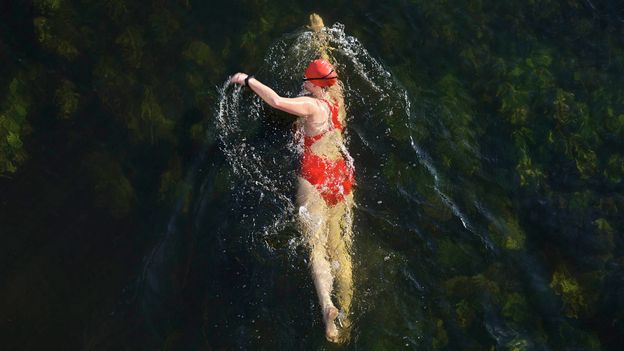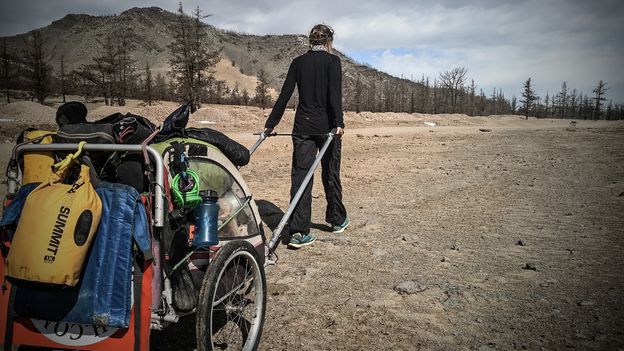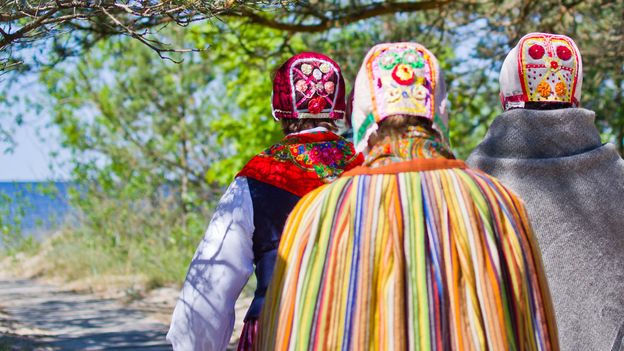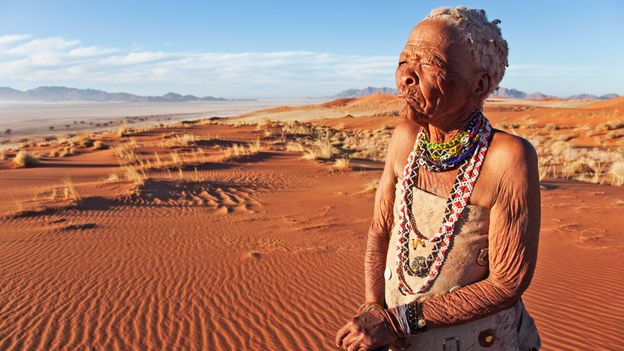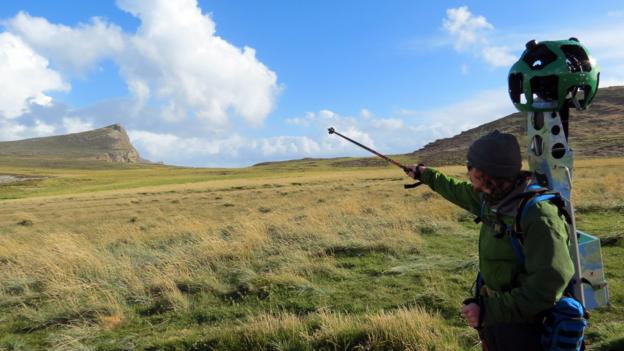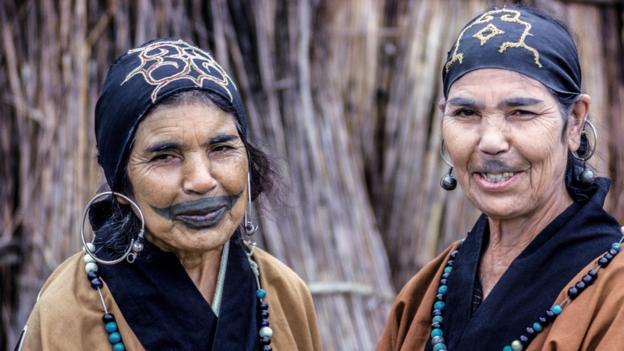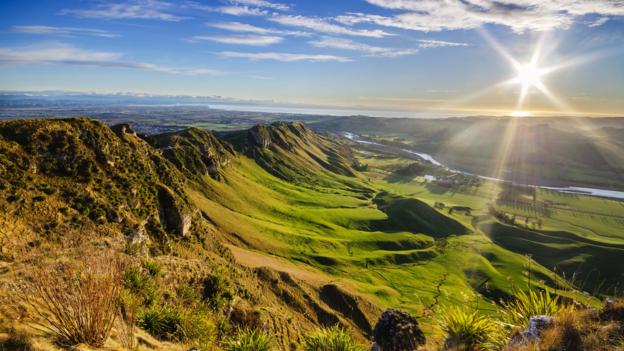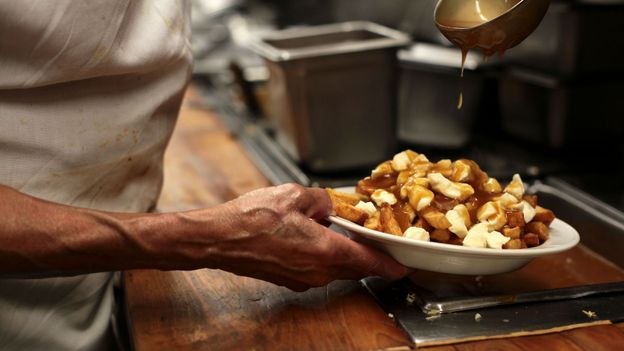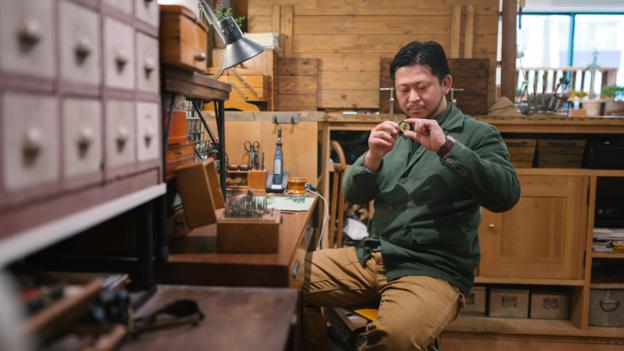Antarctica is unbearable in July. It is so treacherous that in 1911, explorers Apsley Cherry-Garrard, Bill Wilson and Henry Bowers returned to base camp with shattered teeth and fingernails that hung by invisible threads. Reports of their journey told of clothing that was forcibly cut from their bodies, as the line between fabric and skin melted many miles before.
The three men travelled to Cape Crozier to collect samples of Emperor Penguin eggs and help uncover the evolutionary link between reptiles and birds. For 35 days, they travelled 70 miles in arctic winds and temperatures that fell below -60C. They marched to their probable deaths.
Now here’s the crazy part: all three tortured men went back.
But why did they? What is it about exploration that prompts people to take gigantic risks? Why do some of us jump into the fear of the unknown – even when death is at stake – while others of us only dream? Why are we sitting in our office chairs instead of making our first attempts at the South Pole?
“I love the freedom,” said Roff Smith, a National Geographic photographer, contributor and expeditions leader. “It comes as a puzzling surprise to me when someone says they are not curious about what’s beyond the next bend.”
Smith actively looks for places that represent the edge of the world. One of his most memorable journeys was a nine-month, 16,000km bike trip around the Australian outback.
It simply didn’t occur to me that I might quit.
“It was a funny thing. Later, when I was describing some of the difficulties in riding through the Kimberley, the Great Sandy Desert and the Nullarbor Plain, somebody said they bet I must have thought all the time about quitting,” Smith said. “But you know what? It never even occurred to me. Not once. The thought never crossed my mind. Not because I was being heroic – it simply didn’t occur to me that I might quit.”
Are you a risk taker?
Georgetown University associate professor and neuroscientist John W Vanmeter studies risk for a living and has a good idea of why people like Smith never think about quitting. There are two regions of the brain that promote and counteract risky behaviour. The limbic system is driven by novelty and is particularly sensitive to reward from positive and negative stimuli. The prefrontal cortex, on the other hand, makes executive decisions and puts the break on potentially risky decisions. Those who are driven to explore, Vanmeter explained, may have more activity in the limbic system.
“One person’s brain may be more or less developed,” Vanmeter said. “The connections between these brain regions may be more finely tuned in one individual than another.”
Smith is not alone in feeling rewarded by exploration. Many adventurers get a sense of achievement from knowing that they conquered their fears or went the distance when others believed they couldn’t. Borge Ousland, a Norwegian polar explorer who’s in the process of conquering the world’s 20 greatest icecaps, believes that adventure helps him feel more connected.
When I’m on trips, I am much more present in my own life.
“When I’m on trips, I am much more present in my own life… because I have to focus on the here and now,” Ousland said. “Back home, I am always focusing on something happening in the future. [On expeditions], time stops, and you become like a Stone Age man, acting on instincts and knowing you are a part of the universe. That’s one of the most valuable feelings I have had.”
Do you thrive on positive reinforcement?
The positive reinforcement that follows this sense of achievement is fuelled by dopamine, which causes a natural high and creates a state of euphoria. And according to Paul Phillips, associate professor of psychology and pharmacology at the University of Washington, the greater the pay off, the higher the surge of dopamine. There is a direct correlation between high levels of dopamine and risk taking behaviour.
We all have different levels of dopamine in our systems, and other impulses – like the need for safety and security – affect the way we respond to positive reinforcement. As such, your normal levels of dopamine will dictate your natural choice to stay close to home or want to explore.
But you don’t have to bike across the Australian outback or face the harsh landscapes of Antarctica to be an explorer. For some people, the drive can be satisfied from simply dropping into a new place and pushing the limits of what they know.
Take Andrew Evans, travel writer, digital nomad and TV host. He never had a desire to bungee jump or push the limits of his own body. Instead, he chooses to go outside his comfort zone psychologically. Evans simply loves the thrill of being in an unknown place.
I feel as if it’s human nature to go beyond the horizon.
“I grew up in Ohio. Safe and predictable. For me, not knowing where I’m going to sleep that night is incredibly exciting,” Evans said. “I feel as if it’s human nature to go beyond the horizon. Once we understand one horizon we keep walking to the next and then to the next.”
Do you push beyond your comfort zone?
This idea of pushing boundaries goes back to our ancestors and our basic foraging patterns, which Phillips referred to as the “Exploit vs Explore” theory. In the beginnings of our ancestors’ evolution, if a human was looking for food and found one abundant area, he could either decide to stay and exploit one patch of food, or push on to find greener pastures.
“This program in the brain is specific to each individual’s brain,” Phillips said. “It is central to why we go out and explore the world.” Those who push on believe there is more to be gained by leaving what’s known; they believe the risk is worth the reward.
Recently, Evans travelled to Tristan Da Cunha, a volcanic island of about 300 people. It’s the most remote society on the planet. You can’t reach this British Territory by a commercial ship or plane. It takes five to seven days to get there; and once you arrive, the town council decides whether you stay. It’s a long journey to risk the possibility of immediately having to return home – but the reward, for Evans, was worth it.
“It’s a powerful feeling to stare out at the blue ocean and know that the entire world is almost intangible” Evans recalled.
The question of why we explore will continue to be one that explorers and scientists try to answer. It’s human nature to push forward and be curious, but our brains also play a big role in the risks we do and do not take. Whether beginning your first trek through the Pacific Coast Highway in California or free climbing in Switzerland – you’re either hardwired to explore or you’re not. Which one are you?
No matter the type of explorer, these adventurous destinations will push your limits and fuel a desire to step into the unknown.

